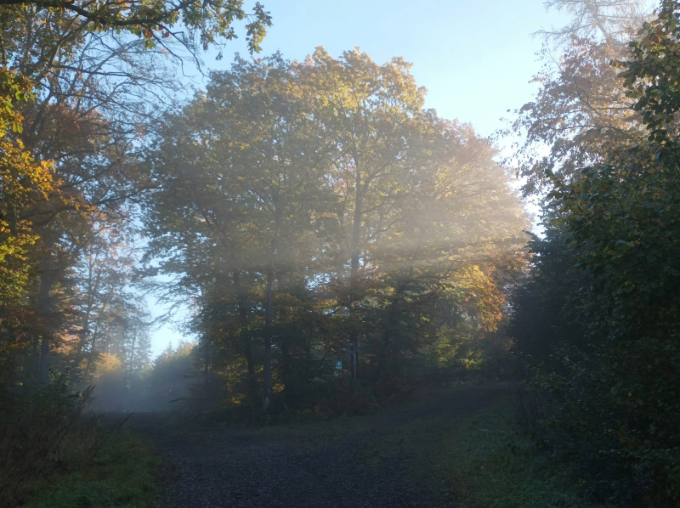Editorial Vol 7

Editorial: Volume 7 (2023-24)
Welcome to the Summer 2024 issue of LINK, from the Department of Education which is now located within the Schools of Law and Education. In this issue our contributors look at using an unusual combination of research methods; share the findings of a case study of teacher mentors and their student-teachers experiences of co-planning lessons; examine how commercial video games can be used within computer science education to introduce primary students to programming concepts; explore disseminating research findings using podcasts; and share their experiences of visiting two Special Schools in Sweden.
We start with an article by Helen Seaman, a graduate from the University of Hertfordshire’s EdD programme. Helen studied health visitors’ perceptions of their professional identity and their experience of living through a time of significant service changes to their practice in one NHS trust in England. To do this qualitative study she used the unusual combination of Interpretative Phenomenological Analysis and Visual Art Creation. She examines why and how these methods were chosen and applied, and the benefits of using this combination of approaches. Her reflections include how the participants responded to these combined methods and how she, as a researcher, experienced using collage as a reflexive tool throughout her research journey.
This is followed by an article written by Chris Powell about the experiences of mentors and beginning teachers co-planning lessons. At the time of writing Chris was Senior Lecturer in Education at the University of Hertfordshire, working with postgraduate student-teachers and their mentors. The currently prevalent strategy of lesson observation and feedback to help student-teachers improve their lesson planning is potentially unreliable, generic and summative, making it difficult for student-teachers to progress. After four weeks using the mentoring strategy of co-planning lessons, all the participants were positive about co-planning and the significant impact they felt it had on their approach to lesson planning. Chris proposes that co-planning should be considered as a mentoring approach as it helps the mentor to share their tacit teaching knowledge.
Next, the thought-piece by Neil Rickus, a Senior Lecturer in Computing Education, at the University of Hertfordshire and University College London, explores the use of commercial video games within computer science education to introduce primary students to programming concepts. Commercially developed video games are popular and can increase engagement of students. Carefully selected video games can support students in developing their understanding of programming concepts through connecting abstract concepts with concrete elements within games, especially when harnessing the simplicity of older games. Neil suggests how this could be studied using an exploratory case study methodology.
The following thought-piece explores the use of podcasts to disseminate research findings. Sara de Sousa is an EdD student at the University of Hertfordshire. Sara was interviewed for a podcast about the methodology she was using for her research. She was inspired by the technological ease of participating in this interview and went on to co-create a podcast series for the University of Hertfordshire. She shares ideas of how we could be using podcasts, and the benefits and reach they bring for our research.
Finally, Alison McLauchlin and Kathleen Tripp of the University of Hertfordshire share their experiences and reflections on their visit to two of Sweden’s Special Schools in their thought-piece. Alison is Associate Director in Academic Quality and parent of children with SEND and Kathleen is a Senior Lecturer in SEND and Inclusion. Key reflections include the individualisation of the curriculum, the autonomy the students have, how they co-operate together and with the staff, the environment in which they are learning and their joy!
We hope you enjoy this issue of LINK and that if you are part of the University of Hertfordshire or a partner organisation you might consider contributing to the next one.
Dr Elizabeth White and Professor Philip Woods
